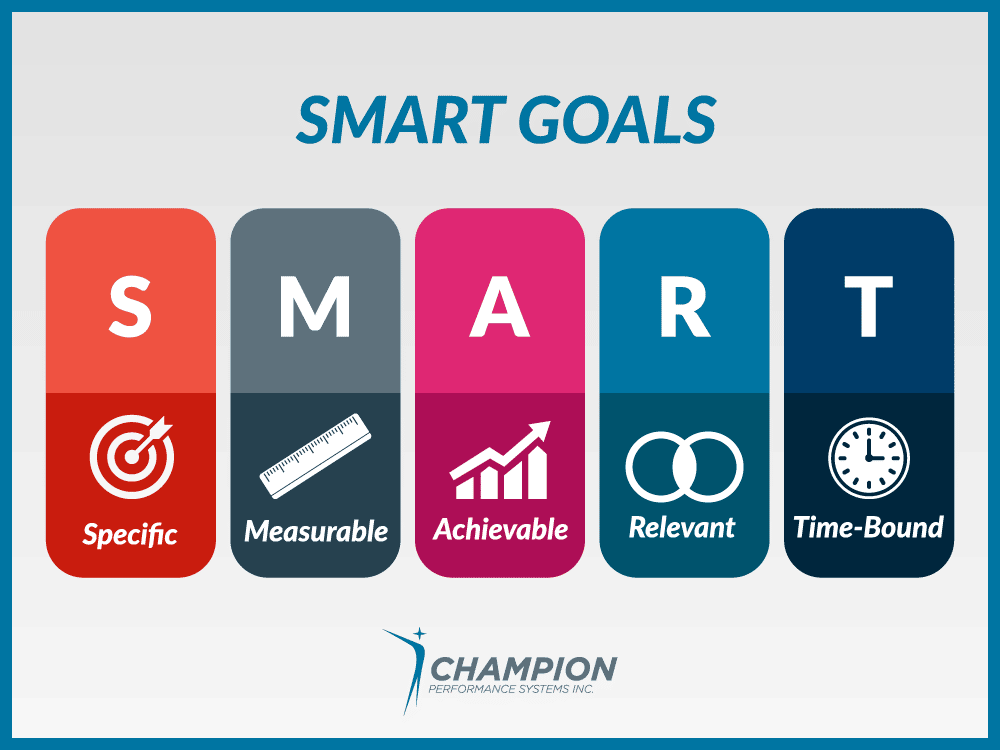Executive Coaching Goals are essential, whether you are a business owner, CEO, or manager of a startup or a large corporation. But perhaps you are not sure what you need to do to realize those goals.
There are thousands of articles and books out there you can read about how to achieve your professional goals. But these may not help you achieve the results you need. That’s because even after consuming the information, you still need some level of accountability, preferably a person to help you set timelines for your goals and evaluate progress. Besides, articles and books may not directly relate to your specific business or industry.
One proven and reliable way to achieve your goals faster and with minimal hassle is to work with an executive coach. Read on to learn more about coaching goals and how they can be applied to your needs.
Why is Setting Coaching Goals Important?
Think of a business goal as a desired destination. Goal setting is the process of figuring out where your business wants to go and devising a plan to get there. Without goal setting, your business has no defined purpose and may stagnate or struggle for meaningful accomplishments.
Research has shown a direct correlation between goal setting and business success. One of the top reasons why most businesses fail is that they do not set clear goals. Check out some other benefits of goal setting.
Coaching Goals Provide Motivation
No matter how much you love your job or business, there are days when you just don’t feel like going to work. A clear goal that you’re committed to achieving motivates you to work or put in effort even on your off days.
Coaching Goals Help You Beat Procrastination
Almost everyone battles procrastination from time to time. But when you have specific goals, you understand that the more you waste time, the longer it takes to achieve those goals. As a result, you’re likely to rethink putting off activities that push you closer to your goals.
Goals Provide Focus
Without clear goals, you and your employees may not know what to focus on or which tasks to prioritize. Your efforts become disjoined, and the work environment may even become chaotic. Goal setting helps you to know what to focus on, so you can zero in on each day’s activities with laser precision.
Goals Help You Determine If You Are Making Progress
The only way to determine if your business is making progress is to track whether the set goals have been attained and, if not, how far you are in achieving those goals.
The ability to measure progress is critical for business success. You get to see if you have made steps in the right direction and determine where you need to improve. And once you’ve completed these goals, your energy levels, morale, and self-confidence go up.
Besides, realistic coaching goals consider personal skills, available resources, and timeframe to pre-determine the direction and action to take. Therefore, you will not only be setting an achievable goal but also know how to achieve that goal.
It’s also worth noting that setting realistic coaching goals doesn’t limit you from dreaming big. The aim is to have a perfect balance between overly ambitious and mediocre goals. This means the goals should be neither hard to realize nor too dull to pursue.
Why Achieving the Set Goals is More Important
Setting goals is one thing, and achieving them is another. Once you’ve achieved your goals, you have to embark on strategies and actions needed to realize those goals. In most cases, achieving the set goals takes a combination of high-performance habits and significant resources.
The best part comes when you achieve the set coaching goals. By attaining the standards you’ve created for yourself, your self-esteem and self-reliance grow, and you automatically feel ready to take on new challenges. In other words, the more goals you achieve, the more you’re likely to overcome future obstacles and even create a more significant impact.
How to Use the SMART Goal Exercise to Set the Right Goals
Coaching goals may vary from person to person or from business to business. One company wants to increase profitability; another intends to increase shareholder value, while another wants to increase the number of customers. A business may also have multiple goals that it wants to achieve.
However, setting coaching goals goes beyond describing general aspirations. You must set goals that can be scrutinized, refined, and implemented. The SMART Goals framework is a proven method of setting effective coaching goals.
The SMART acronym stands for:

S – Specific
M – Measurable
A – Achievable
R – Relevant
T – Time-Bound
Here is how you can set goals using the SMART framework:
Specific
You should be specific with how you describe your coaching goals. To do this, here are four “W” questions to consider:
- Who: Who’s involved?
- Where: Where is this goal located?
- What: What needs to be accomplished?
- Why: Why is this goal important?
Measurable
You should have measurable goals that allow you to track progress and determine if you have been successful. Measurable criteria can be data based, say the number of customers served or money saved, or be based on other things like customers’ surveys and feedback. To ensure a goal is measurable, ask yourself:
- How many/much?
- How will I know I have accomplished the goal?
- What’s the indicator of progress?
Achievable
Ensure the goal you set is realistic and attainable. The achievability of that goal should be challenging enough but still defined well enough to make it attainable.
An achievable goal answers questions such as:
- How will I accomplish this goal?
- Have others achieved this goal successfully before?
- What resources do I need to accomplish this goal?
Relevant
This step focuses on why you are setting the goal. The goal should matter to you and also be well aligned with other relevant goals.
A relevant goal should answer questions such as:
- Is this goal worthwhile?
- Does this goal match our efforts/needs?
- Is this the right time?
Time-Bound
You should have a specific timeframe by which you want to achieve your goal. Without a timeframe, there is no sense of urgency, so it’s easy to forget a goal or push it to the side. Ask yourself:
- When should I accomplish my goal?
- When will the team start working on the goal?
- What can I do within six months?
- What needs a longer timeframe?
Effective Goal Setting With the Help of an Executive Coach

Setting goals with the guidance of a seasoned executive coach can be invigorating. Perhaps you have an idea of where you want your business to be but don’t know what to focus on to get there. One of the tasks of a skillful coach is to guide you through goal setting and then help you establish a clear plan for achieving those goals.
Coaching and goal-setting programs are usually aligned with your needs as a leader and your organization’s needs. Some coaching goals examples include:
- Specific business goals involving developmental targets for your company, such as increased profits and better customer satisfaction
- Enhanced performance in certain key areas, such as conflict management, communication, and leadership
- Emerging talent development. An example is when you hire an executive coach to empower and train your emerging leaders in preparation for future roles.
If you’re still wondering whether hiring a coach is a smart idea, read the top 10 qualities of the best executive coaches and then learn how to find the perfect executive coach for you. And if you’re ready to get started, schedule a free 30-minute call with one of our Champion PSI experts today.










